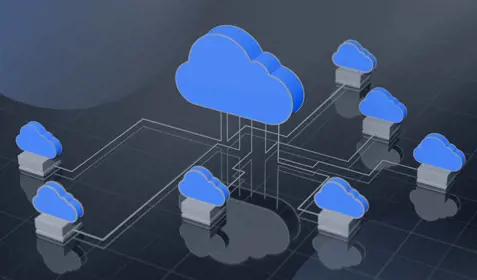Most managed services providers (MSPs) come from a technical background rather than business or sales. And that makes sense—since their job is to find the right technology for their customers. But it doesn’t guarantee growth. To grow any business, it is important to have a defined sales strategy. For MSPs, one of the most popular sales strategies is known as “solution selling.”
Solution selling is a sales methodology that aims to identify a customer's pain points and tailor a set of products and services that addresses their underlying business problem. Many SMBs turn to MSPs because they don’t have in-house IT expertise. Or, their in-house IT team is stretched thin and needs to offload some responsibilities. That means conversations with potential customers should be dedicated to learning about their technology and business challenges. The end goal is to arrive at a mutual understanding of an identified business problem and collaboratively craft a technology solution.
Solution selling as a win-win proposition
Of course, sometimes that’s easier said than done. SMBs, especially those with in-house IT teams, may already have a product or group of products in mind. Others may have deep-seated convictions about certain products and/or vendors. And, IT budget is almost always a concern. That’s why successful solution selling requires MSPs to convince customers to think about technology and services differently.
Successful solution selling requires MSPs to confidently communicate the value of their service and the products they deploy. It’s inevitable that smart customers will have questions about why they might need a new technology, even if it’s from a trusted vendor. So, MSPs must understand each of the chief benefits associated with any product. Choosing products that offer flexible deployment models is also essential—so the solution can evolve to meet evolving customer needs.
The benefits of bundling
Many MSPs package groups of specific products and services into “bundles.” For example, an MSP might offer a data protection bundle that offers anti-virus, backup, and patch management using a standardized set of products. Some MSPs create bundles optimized for specific verticals, such as government, education or health care. Bundling fits in well with solution selling and can simplify the sales process.
Bundling has another important benefit for MSPs: efficiency. Rather than managing five different backup software products for five different customers, the MSP can develop expertise on a single platform. This improves their ability to deliver a high level of support and eases the onboarding process for new employees. Depending on the technology, an MSP may be able to manage every, or many, customer environments from a single portal. Additionally, bundling limits the number of vendors MSPs must use for support. All of these things allow MSPs to deliver the best possible technology solutions to their customers—and in the MSP space, customer service is everything.









